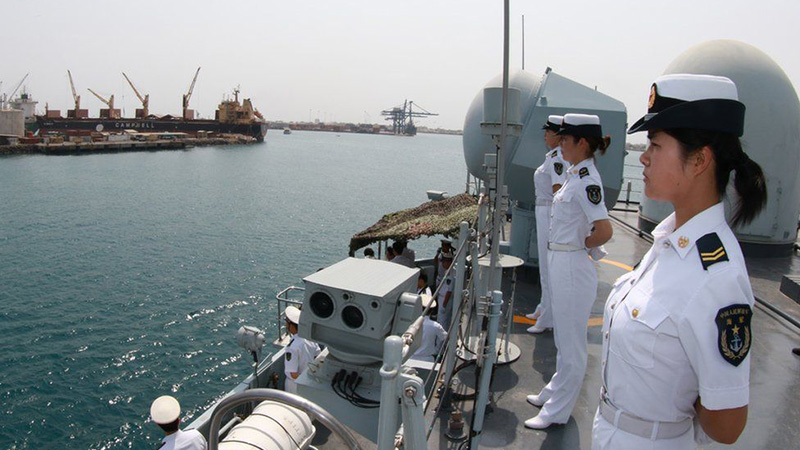
Navigating Complex Tensions: Red Sea Geopolitical War
The Red Sea, historically a crossroads of trade and cultural exchange, is now entangled in complex geopolitical tensions that have escalated into a nuanced form of warfare. Understanding the multifaceted aspects of the Red Sea Geopolitical War is crucial for grasping the intricacies of conflicts in this critical region.
Historical Significance and Modern Conflicts
The Red Sea, with its strategic importance, has been witness to historical rivalries, but contemporary geopolitical war dynamics add a new layer of complexity. Nations vie for dominance in this key waterway, creating a battleground where historical disputes and modern geopolitical interests converge.
Proxy Conflicts and Strategic Alliances
The Red Sea has become a theater for proxy conflicts, with external powers supporting various factions to advance their geopolitical interests. Strategic alliances are formed and dissolved based on shifting regional dynamics, further fueling the complexity of the geopolitical war in the Red Sea.
Naval Posturing and Military Maneuvers
Geopolitical war in the Red Sea involves significant naval posturing and military maneuvers. Nations with interests in the region deploy naval assets to assert dominance and protect their maritime interests. The strategic positioning of naval forces contributes to an environment where any incident can potentially escalate into a larger conflict.
Security Challenges and Counterterrorism Efforts
Security challenges, including the threat of terrorism and insurgencies, add layers to the geopolitical war in the Red Sea. Nations implement counterterrorism measures to secure their borders and vital maritime routes. The interplay between security concerns and geopolitical tensions complicates the strategic landscape.
Economic Interests and Trade Routes
The Red Sea’s geopolitical war is not only about military dominance but also revolves around economic interests. Control over trade routes and strategic chokepoints, such as the Bab el Mandeb and the Suez Canal, becomes a focal point in the broader economic strategy of nations involved in the geopolitical war.
Technological Warfare and Cyber Strategies
Advancements in technology have brought a new dimension to the geopolitical war in the Red Sea. Cyber strategies play a significant role as nations employ sophisticated techniques to disrupt communication, intelligence, and even launch cyber-attacks. The integration of technological warfare adds intricacy to the ongoing conflicts.
Environmental Vulnerabilities and Humanitarian Crises
The geopolitical war in the Red Sea has far-reaching consequences, including environmental vulnerabilities and humanitarian crises. Oil spills, disruptions to marine ecosystems, and the displacement of populations are unfortunate outcomes of the conflicts. Addressing these humanitarian and environmental issues becomes imperative amid the geopolitical war.
Diplomatic Initiatives for Conflict Resolution
While the Red Sea is a battleground for geopolitical war, diplomatic initiatives remain essential for conflict resolution. International organizations and diplomatic channels provide avenues for dialogue, negotiation, and peacekeeping efforts. Amid the complexities of war, diplomatic engagement becomes a crucial aspect of navigating tensions.
International Collaborations and Peacebuilding
International collaborations are integral to mitigating the geopolitical war’s impact in the Red Sea. Cooperative efforts, joint military exercises, and peacebuilding initiatives are essential components of fostering stability in the region. The involvement of the international community plays a crucial role in preventing further escalation and promoting peaceful resolutions.
Charting a Path to Stability
In conclusion, understanding the Red Sea Geopolitical War requires a holistic perspective that encompasses historical context, contemporary rivalries, and the multifaceted nature of conflicts. Charting a path to stability involves addressing security challenges, engaging in diplomatic initiatives, and fostering international collaborations to ensure a peaceful and prosperous future for the Red Sea region.
